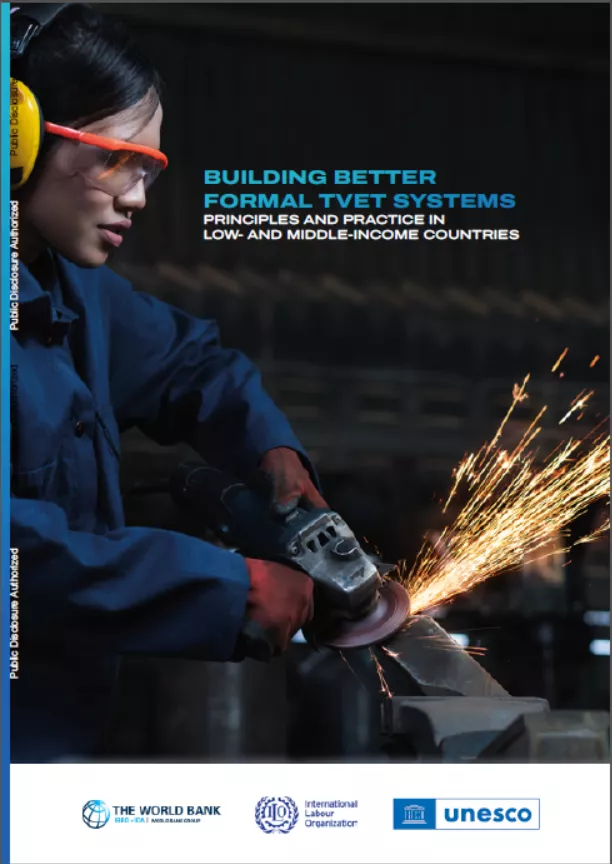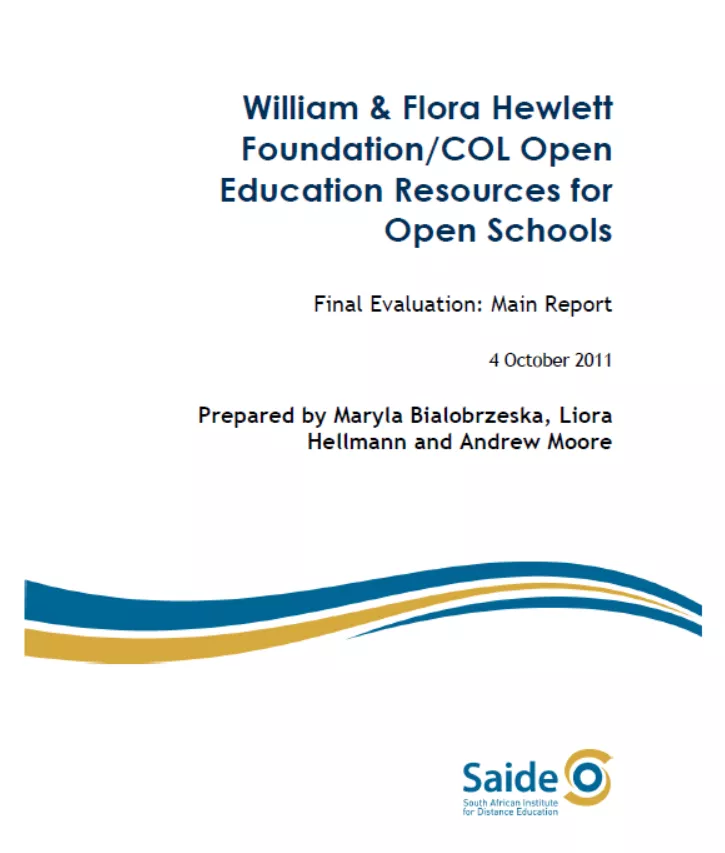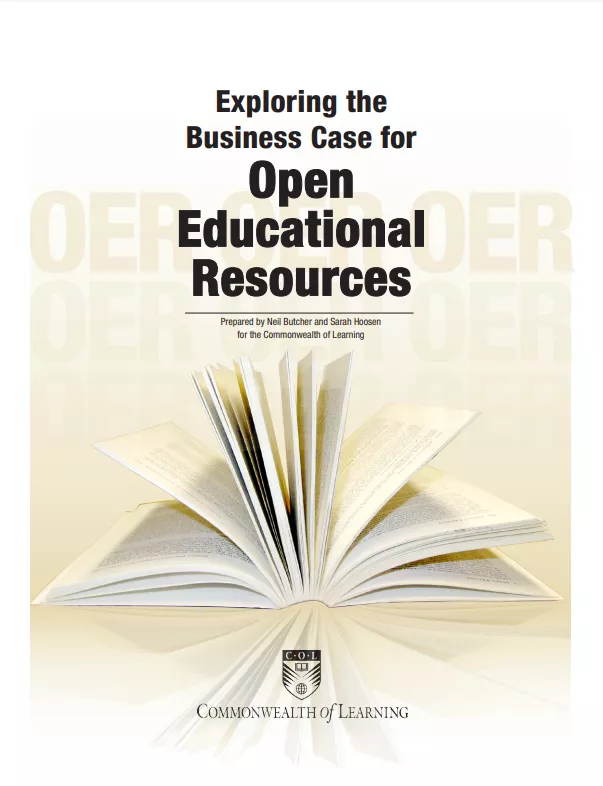
OER in South Africa: POERUP South Africa Case Study
This country case study outlines the education system in South Africa, ICT developments in education, relevant copyright laws and the various OER initiatives at national and institutional levels

This country case study outlines the education system in South Africa, ICT developments in education, relevant copyright laws and the various OER initiatives at national and institutional levels

This background paper was prepared for for: The World Bank, UNESCO and ILO (2023). Building Better Formal TVET Systems: Principles and Practice in Low- and Middle-Income Countries. Washington D.C., Paris, Geneva: The World Bank, UNESCO, and ILO.
Below are multiple language, multimedia tutorials, designed to train UNESCO ICT CFT users in how to use the framework and access and search for openly licenced materials on the UNESCO ICT CFT hub, to support educators acquire the ICT CFT skills.
The UNESCO Institute for Lifelong Learning (UIL) and the Commonwealth of Learning (COL) have published Guidelines on open and distance learning for youth and adult literacy to support literacy providers around the world in planning, implementing, monitoring and evaluating their open and distance learning-based (ODL) literacy programmes.

The report provides an analysis of the project’s overall achievement in terms of the main objectives of the study. For the COL project team, the report provides an analysis of the project activities, achievement of high quality, relevant and effective materials and an analysis of the potential for increased quality of education in countries where OERs are used and where teachers’ professional capacity was extended to the use of technology.
